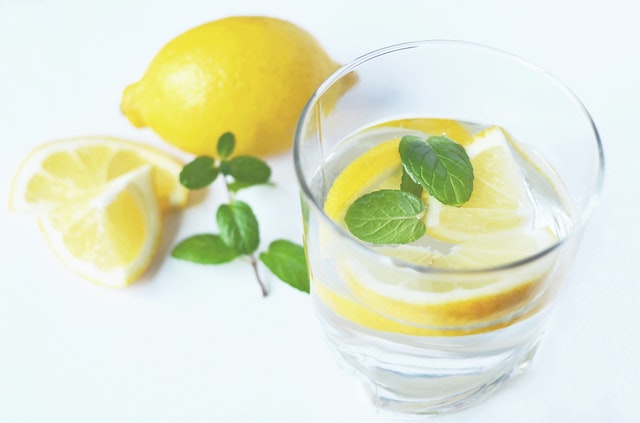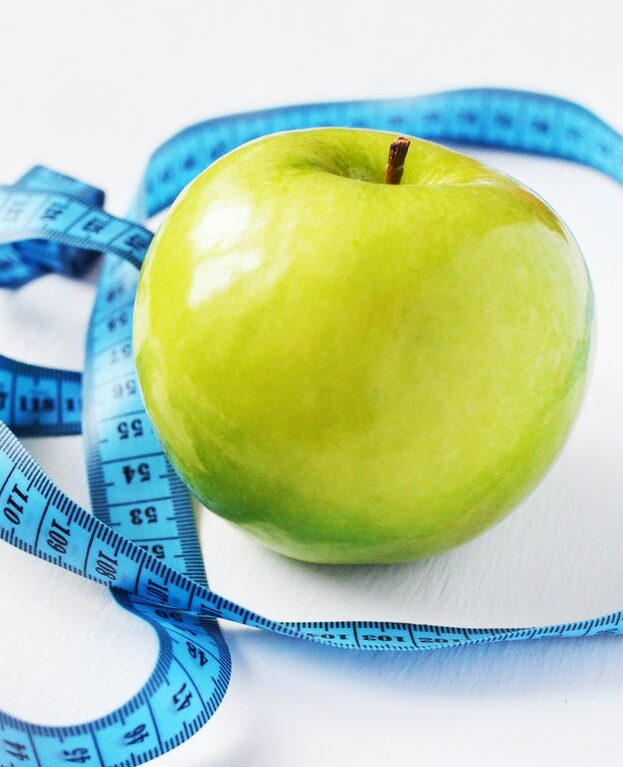Maintaining a healthy body and mind requires proper nutrition and healthy weight. In our quest to reduce the excess weight that we have accumulated over time, we indulge in fancy foods and fad diets.Fad diets reduce weight on a short term basis, which come back after we stop the fad diets and with side effects.

Atkins diet & Low Carb diets:
The Atkins diet & similar diets which restrict carbohydrates are considered as “fad” diets. These diet plans help weight loss aggressively at first, but after some time it becomes slow and reverses completely. These diets typically focus on consumption of meat, eggs, fish, poultry and non-starchy vegetables and exclude a food group, in this case, carbs. Most low-carbohydrate diets start off with a restrictive menu and allow you to gradually increase your carbohydrate intake over time.
Eating Carbohydrates like Bread & White Rice, Pastas & Potatoes increase blood sugar level & generate Insulin from pancreas. The sudden surge of insulin leads to drop in blood sugar, causing hunger. Low carb diets claim that people who eat a lot of carbohydrates intake extra calories and hence gain weight.
Lower carb or no carb intake in favor of protein and fat prevents the insulin surge and makes one feel full longer. To recover lack of carbs in the body, the body starts breaking the carb stored in liver and muscle tissue. The body also mobilizes water, which means that the weight loss is coming from water loss. This leads to rapid weight reduction and which reverses over a period of time.
The American Heart Association has cautioned against following the Atkins diet because it is very high in saturated fat and protein, which can be hard on the heart, kidneys, and bones.
Blood Type Diet:
The concept behind the blood type diet is that your blood type
— be it A, AB, B or O — affects the types of food you should eat. People with type A blood should follow a mostly vegetarian diet,
If you have type B blood, you should eat a mix of animal and plant proteins and you should consume mostly red meat, fruits and vegetables if you have type O blood. The science behind this diet is suspect as there is very little evidence that your blood type affects how you respond to certain foods. At the end of it, the blood type diet “works” because it eliminates processed food regardless of blood type, which in any case helps in other diets too.
Acai Berry Diet:
The Acai Berry Diet essentially involves acai berry to lose weight. The acai berry is rich in antioxidants — molecules that help prevent cell damage — and may be useful for preventing some forms of cancer. Claims that acai berry can aid weight loss are unsubstantiated by scientific evidence. Acai is a nutrient-rich source of antioxidants, like many other fruits, but there is nothing magical about the fruit to cause weight loss.

Master Cleanse/Lemonade Diet:
This diet has been around for decades with all sorts of variations. This diet involves subsisting for days on only lemon juice, maple syrup and cayenne pepper mixed in water. “You’ll shed mostly water weight.” Once you start eating solid foods again, you will gain all the weight back. Common side effects include fatigue, nausea, dizziness and dehydration. On an extremely low-calorie diet like this one, you are going to lose muscle, exactly the kind of weight you don’t want to lose.

3-Day water diet:
The 3-day water diet requires one to take in nothing but water for three days straight. By drinking plenty of water, one nourish muscles, decrease bloating, maintain a feeling of being full and help prevent the buildup of fat. The 3-day water diet also serves as a detoxifying system. As a dieter takes in nothing but water, he can expect to flush out all of the unwanted toxins that have accumulated in his system. The 3-day water diet is generally used for special occasions where individuals would like to drop a few pounds quickly. A majority of individuals who participate in a 3-day water diet are very likely to regain all weight lost. The 3-day water diet is also not for those suffering from serious illness or recovering from any type of surgery. There are dangers to starving one’s self. A lack of vitamins can lead to the breakdown of muscles, cause blood sugar complications, diabetes or dehydration. Water dieting also causes the urge for frequent urination.



2 Comments
Like!! Really appreciate you sharing this blog post.Really thank you! Keep writing.
Thanks. Glad that you liked reading it.